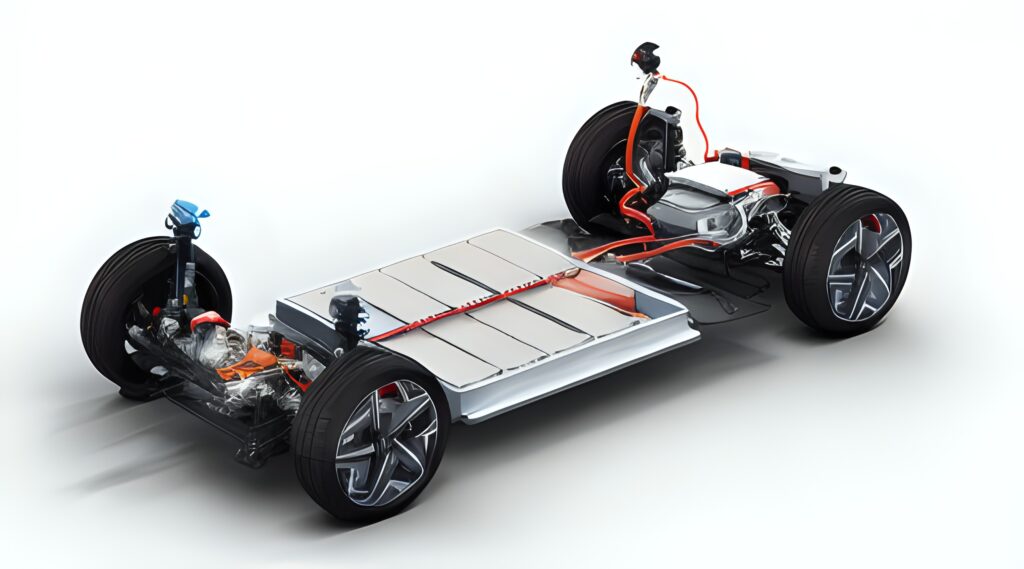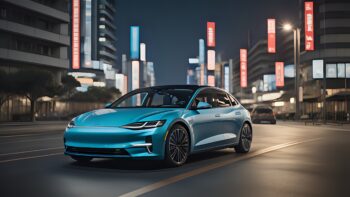
Electric Car Battery
Listing Category by product
Electric car battery manufacturers
In the dynamic electric vehicle market, electric car battery manufacturers are instrumental in driving innovation and adoption. With a focus on energy density, longevity, and charging capabilities, these companies are revolutionizing the automotive industry. Their advancements in lithium-ion technology and sustainable battery production are propelling the shift towards electric mobility, fostering cleaner air and reducing greenhouse gas emissions worldwide.
Exploring electric car battery
Electric car battery, also known as traction battery or electric vehicle (EV) battery, are the primary energy storage devices in electric vehicles. These batteries power the electric motor, providing the vehicle with the necessary energy for propulsion. Here are some key aspects of electric car batteries:
- Chemistry: Electric car battery typically use lithium-ion (Li-ion) chemistry due to their high energy density, reliability, and relatively long lifespan. Li-ion batteries consist of lithium-ion cells, each containing a positive electrode (cathode), negative electrode (anode), and electrolyte.
- Energy density: The energy density of electric car batteries determines their capacity to store energy per unit weight or volume. Higher energy density allows for longer driving ranges and lighter battery packs, improving vehicle efficiency and performance.
- Capacity: Electric car batteries are rated in kilowatt-hours (kWh), representing the amount of energy they can store. Battery capacity directly influences the driving range of an electric vehicle, with higher-capacity batteries enabling longer distances between charges.
- Charging: Electric car batteries can be charged using various methods, including conventional AC charging from household outlets and DC fast charging at dedicated charging stations. Charging times vary depending on the battery capacity, charging rate, and state of charge.
- Lifespan: The lifespan of electric car batteries is affected by factors such as usage patterns, charging habits, temperature, and battery management systems. While Li-ion batteries degrade over time, advancements in battery technology and management techniques have extended their lifespan.
- Recycling: Electric car batteries are recyclable, and efforts are underway to develop efficient recycling processes to recover valuable materials such as lithium, cobalt, and nickel. Battery recycling helps reduce environmental impact and supports the sustainable use of resources.
- Safety: Battery safety is a critical consideration in electric vehicles. Manufacturers implement various safety features and thermal management systems to prevent overheating, short circuits, and other potential hazards. Rigorous testing and standards ensure the safety and reliability of electric car batteries.
Electric car batteries play a crucial role in the adoption and advancement of electric vehicles. Continued research and development efforts focus on improving battery technology to enhance energy density, lifespan, charging speed, and safety, driving the widespread adoption of electric vehicles.





















